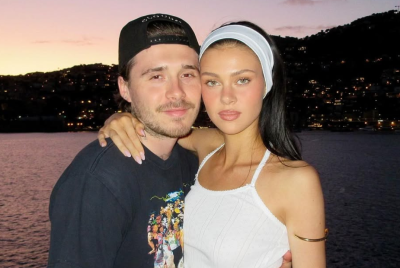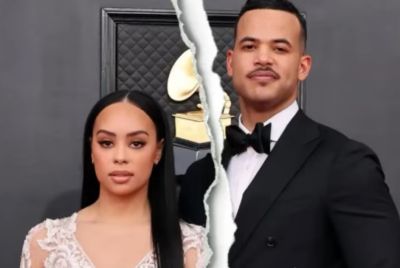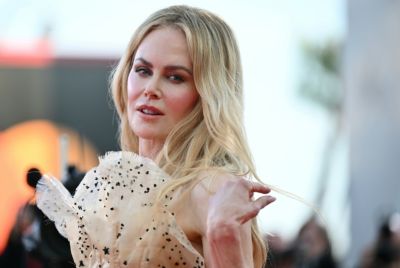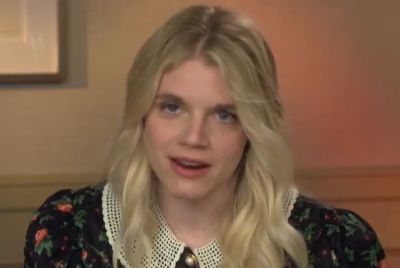Did Chloe Ayling Fake Her Own Kidnapping? The Truth Behind the Model's Ordeal
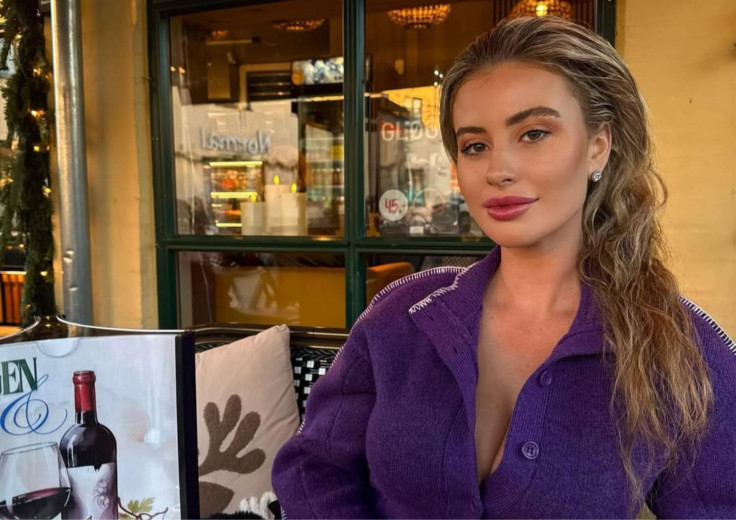
KEY POINTS
- Chloe Ayling, a British model, was kidnapped in Milan in 2017 after being lured to a fake modelling shoot.
- In a new BBC Three docuseries, 'Chloe Ayling: My Unbelievable Kidnapping', she speaks out to reclaim her truth.
- She says her calm behaviour during her kidnapping was a survival strategy and not deceit
British model Chloe Ayling believed she was heading to a photo shoot in Milan in August 2017. What unfolded instead would trigger a global media storm—and years of relentless public scrutiny.
Drugged, handcuffed, and shoved into a duffel bag, Ayling was held hostage in a remote farmhouse by a man who threatened to auction her online as a sex slave. Yet despite the horror and the conviction of her kidnapper, many still question her version of events.
Now, a powerful new BBC Three documentary titled 'Chloe Ayling: My Unbelievable Kidnapping', premiering today (4 August), seeks to separate myth from truth and finally give Ayling the chance to reclaim her narrative.
A Real-Life Horror Story That Rivals Fiction
Ayling's ordeal began when she was lured to Milan under the guise of a photoshoot. The 'studio' was silent when she arrived. Moments later, she was injected with ketamine and abducted by Polish computer programmer Łukasz Herba.
For six days, she was held captive in a rural farmhouse near Turin, allegedly by a group calling itself the Black Death Group. The gang demanded £270,000 for her release, threatening to sell her as a sex slave on the dark web if the ransom wasn't paid. But Herba ultimately released Ayling and dropped her at the British consulate — without any money changing hands.
From there, Ayling expected sympathy. Instead, she faced a wave of disbelief.
The Backlash Begins
Footage later emerged of Ayling calmly walking with Herba through a village, even shopping for shoes. Her composed demeanour in early interviews fed suspicion that the story was staged. Tabloids pounced. TV hosts, including Piers Morgan, grilled her. 'If you're going to conduct media interviews where you're being paid money... we're perfectly entitled to ask you difficult questions,' Morgan told her.
Ayling replied: 'It will all come out in the end.' She was right — Herba was convicted of kidnapping and extortion and sentenced to over 16 years in jail. But public scepticism has proven harder to defeat than a courtroom.
'It Never Ends'
Speaking ahead of the documentary's release, Ayling has opened up about the emotional toll of not being believed. 'It is always people who don't know the facts, they judge too quickly,' she said. 'You can never get offended by it because they don't know.'
She added, 'I was constantly having to talk about his crazy decisions as if they were my own. It was my calmness that saved me. I had to get him on side to be able to get out.'
Ayling also addressed the infamous CCTV footage: 'I want to show a victim doesn't have to fit into a typical box to be believed.'
Now 28, Ayling splits her time between the UK and Florida, where she models, runs a business, and continues to speak out on trauma and media bias. She previously released a memoir and has appeared on reality TV.
Reclaiming the Narrative
In 'Chloe Ayling: My Unbelievable Kidnapping', actress Nadia Parkes portrays Ayling, with Ayling herself appearing in emotional new interviews. The three-part docuseries aims to present viewers with the whole story, including details that have been omitted or misunderstood in past media coverage.
'Reliving it again made me emotional in ways I wasn't prepared for,' she said. 'I thought it would be easy — it wasn't.'
With Herba behind bars and her story once again in the public eye, Ayling hopes the series will do more than recount trauma — it might finally end the question she's been battling for years: did she fake it?
From Reality TV to Advocacy
Since the incident, Ayling has released a memoir, appeared on reality television, and built a following discussing trauma recovery and media bias. She divides her time between the UK and Florida, working as a model and entrepreneur.
Yet despite the passing years, one question continues to haunt her story: Did she fake it? And more importantly, why do so many still believe she did?
Hope for Closure?
'It never ends,' Ayling said of the ongoing doubt. But with the BBC's lens finally trained on her side of the story, perhaps the world will view it differently.
As the series airs, Ayling hopes it might achieve what the courts, media appearances, and public statements couldn't: belief.
© Copyright IBTimes 2025. All rights reserved.








